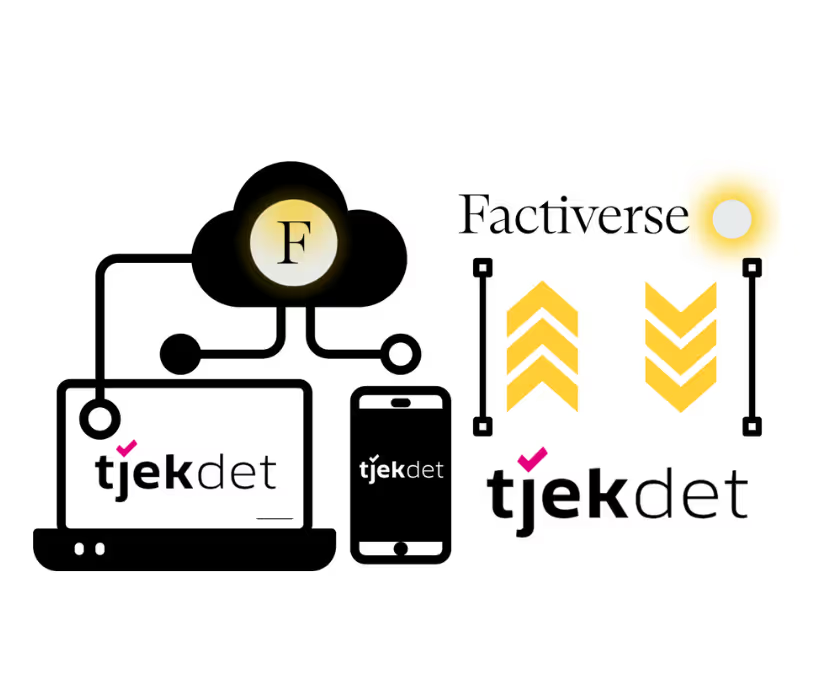

As “Hallucinate” was selected word-of-the-year by Dictionary.com, it is quite apparent that the first wave of GPTs came with certain limitations. Even with wide adoption, there are still issues related to copyright, misinformation and bias. 85 % of people worldwide express their concern about online misinformation. But there are also signs of optimism. What if AI could help save the internet?
1. Human bias can be managed better
We are already seeing an influx in ethical deployments of AI, an increased overlap with ethics and philosophy, and the elimination of factual errors. The next wave of LLMs is likely to cater for human errors - and perhaps even spot a given bias that most users wouldn’t spot. As a researcher, a journalist or an analyst, you need to trust your data - especially if it’s generated with AI. This puts pressure on companies within the field to add explainability to their models, be transparent and cater to a wide range of user interactions.
Maybe the GPTs of tomorrow can highlight human bias in research datasets, pinpoint ethical challenges in online documents and help us better understand the content we consume and the information we rely on. If the models are transparent and explainable - why wouldn’t you trust them?
2. “SEO-friendly” content is becoming abundant
- “3 reasons you should NOT move to Norway”
- “The landlord didn’t believe his eyes when he came home”
- “5 tips to beat an experienced prompt-engineer”.
These types of articles, including the header of this blog post (Sorry!), all contain the typical motivational push to capture our attention. Human curiosity and motivation have long been the main drivers for online content creators, whether editorial or blog. In the latest Reuters survey among American editors, around half (54%) of respondents admit their companies are mostly focused on maximizing attention rather than being more respectful of their audience’s time (37%).
At the same time, publishers respond that the most important efforts to reduce news fatigue is that journalism will move towards respecting the audience's time, with better explanations of complex issues, solution-oriented news, and inspiring human stories. nearly Page ranking, content strategy, click-through and read rates.. To rank higher, retain traffic and generate revenue, content needs to be engaging for humans. But are there signs we are actually getting saturated? What happens when this type of content becomes the easiest to make?
Throughout 2023, the media has been forming key principles, rules and practices to use AI best. From The Guardians approach to generative AI to national and local initiatives outlining safe and trustworthy ways to utilize AI - it is clear that the media's role is yet again transforming.
One can hope that 2024 will be the year when news consumers can start rebuilding their trust with traditional media. There are already countless examples of companies using Gen-AI to hack their way to higher ranking and authority in search engines such as Google. A signal that ranking algorithms might need a workover?
3. Finding useful (trustworthy) information is more difficult
As the amount of content online continues to grow exponentially, the average consumer is increasingly thrown into an ever-growing haystack searching for the needle. In January 2023, the textual output from ChatGPT alone was double that of all written works published since the printing press was invented in 1440(!). There is no reason to believe this trend has slowed down, putting immense pressure on all consumers of online information, making it more difficult to distinguish facts from fiction and hallucinations from realizations.
Conversational search and chat interfaces have already changed how we look up and query search engines. As an online user, what do you get in a conversation compared to a traditional search? I bet that as we get used to more context, personalized responses and long-format conversations to find information, this will also spill over and put a lot more pressure on the search engines.
Factiverse aims to become the backbone of information security, enabling all companies to utilize AI without risking reputation, trust or security.
Want to learn more? Don’t hesitate to reach out!










































































.avif)















